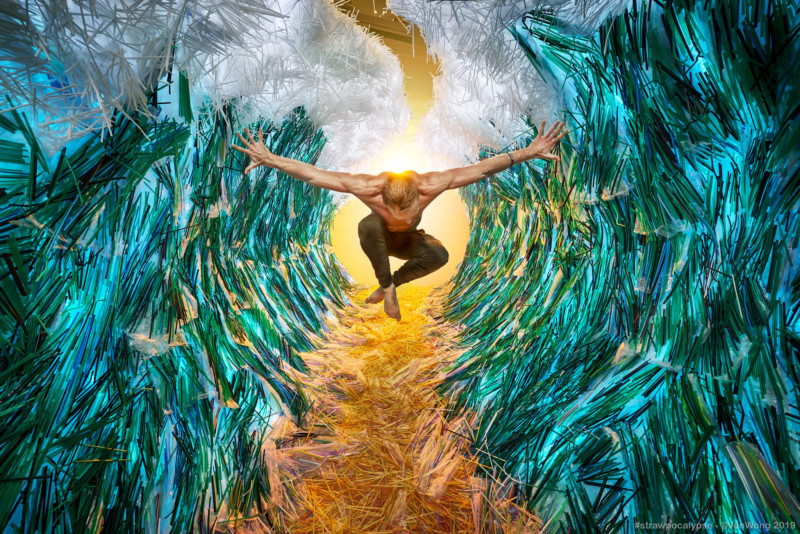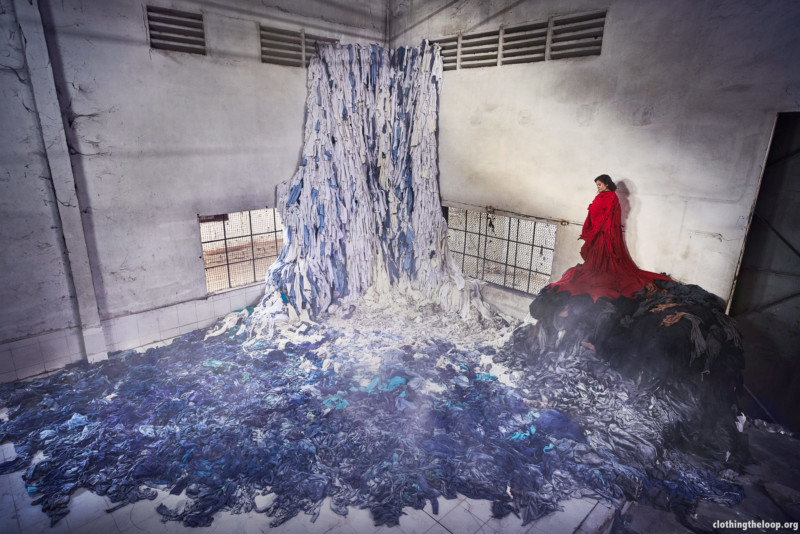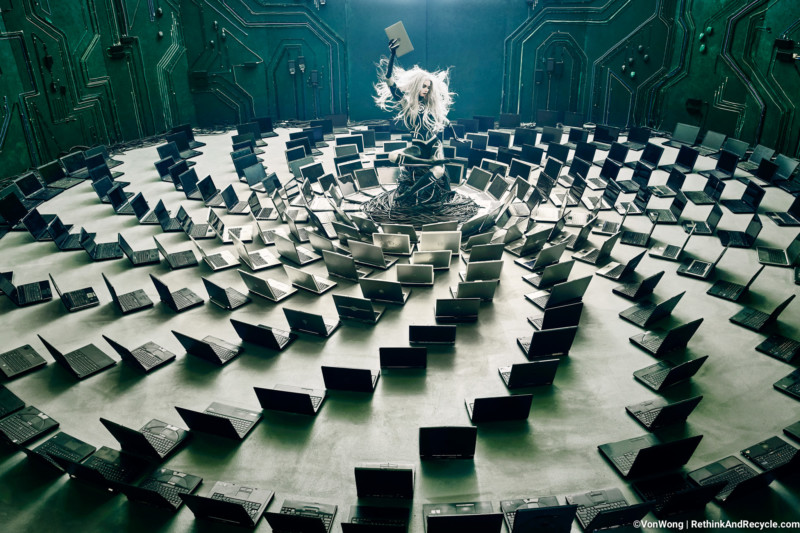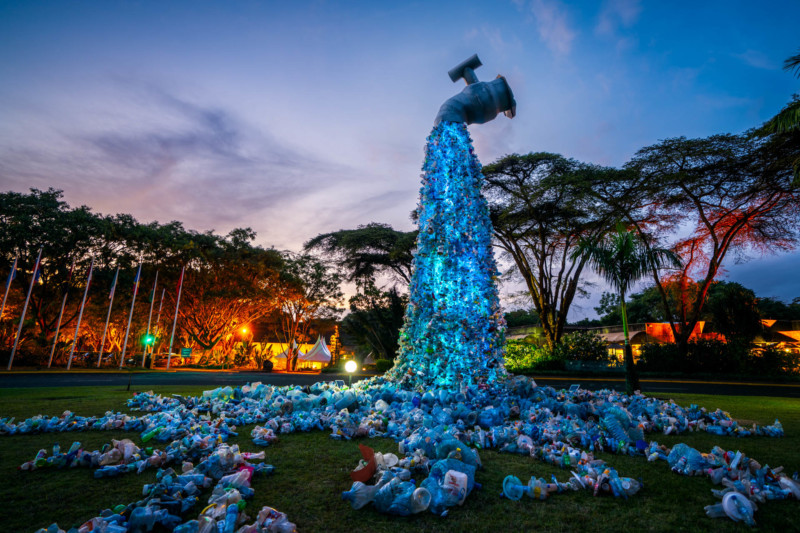Photographer Argues Fear of Irrelevancy Will Help You Succeed
Photographer, artist, and activist Benjamin Von Wong believes that the fear of irrelevancy in the social media age can actually be a fuel that empowers photographers to become more creative and impactful — the same way Wong has experienced as much in his career.
Looking back at the early years of his life, Wong describes himself as a “walking stereotype” amd tried martial arts, played violin, and was successful in math and physics. All the signs pointed to a career in engineering, following in his father’s footsteps, but it wasn’t until Wong got a camera that he finally began feeling like he’s found his true calling in life.
Online Success Gives a Taste of Achievement
When one of his early photography projects took off and gained a lot of traction online across numerous publications, Wong felt like this is the way to continue — keep repeating the success formula over and over. For a while, Wong followed this method, creating breathtaking photos in exciting locations that filled his creativity under catchy titles that attracted the audience.
After a while, however, he began questioning whether his photography work could become truly relevant and meaningful, not just eye-catching. Wanting to move away from content that is consumed in a matter of seconds, Wong started turning to art that challenges the way people see the world, even though it may feel uncomfortable at times and results in going against the “popularity contest and relevancy in the world.”

This conscious move led him to projects like shooting in an abandoned garment factory in Cambodia, with numerous pieces of clothing left behind after the company went bankrupt. The idea of the project was to show the environmental impact of the clothes people wear daily, like cotton t-shirts which need 2,500 liters of water each to be made.

“What about an entire closet? Wouldn’t that be a waterfall?” Wong wondered, leading him to the final concept of the photo, as seen above.
As he endeavored on the journey of impactful environmental photography, Wong discovered interesting facts about human consumption — ranging from clothes worn to electrical equipment waste.

The Road Less Travelled
The path to success while “refusing to play the game” and ignoring algorithms of apps and social platforms hasn’t been easy, especially when it comes to trying to connect with the right audience. It may feel like taking steps back at times, Wong says.
For example, when creating his project “Turn Off the Plastic Tap”, featuring a giant faucet art installation made of plastic waste, Wong didn’t think it will reach as many people as it did. Instead of letting the fear of irrelevancy stop him in his tracks, he started to reach out for help. Unexpectedly, numerous artists, influencers, organizations, and online and offline communities came together and contributed in one way or another.

“As I’ve gradually transitioned from artist to activist, I’ve noticed that it often comes with a feeling of powerlessness,” Wong tells PetaPixel. “The realization that art alone can’t change the world was highly frustrating, but as I learned more about how historical change happens, I realized that change is often slow, gradual, and a team effort.”
Wong believes that artists and photographers have the unique gift of storytelling which can help create the assets that shape how people communicate and feel about significant global issues, but the key is to not work in isolation. Instead, people should find those who need their complementary abilities.
“Finding those allies takes work, dedication, and research,” he adds. “If you are committed to exploring, experimenting, and putting yourself out there to create a track record of excellent work — they will find you, and together your impact will be greater than the sum of its parts.”
“I hope this talk inspires other artists to lean into their discomfort, and find a way to put their superpowers to good use,” Wong concludes.
More of Wong’s work and projects can be found on his website and Instagram.
Image credits: Photos by Benjamin Von Wong.